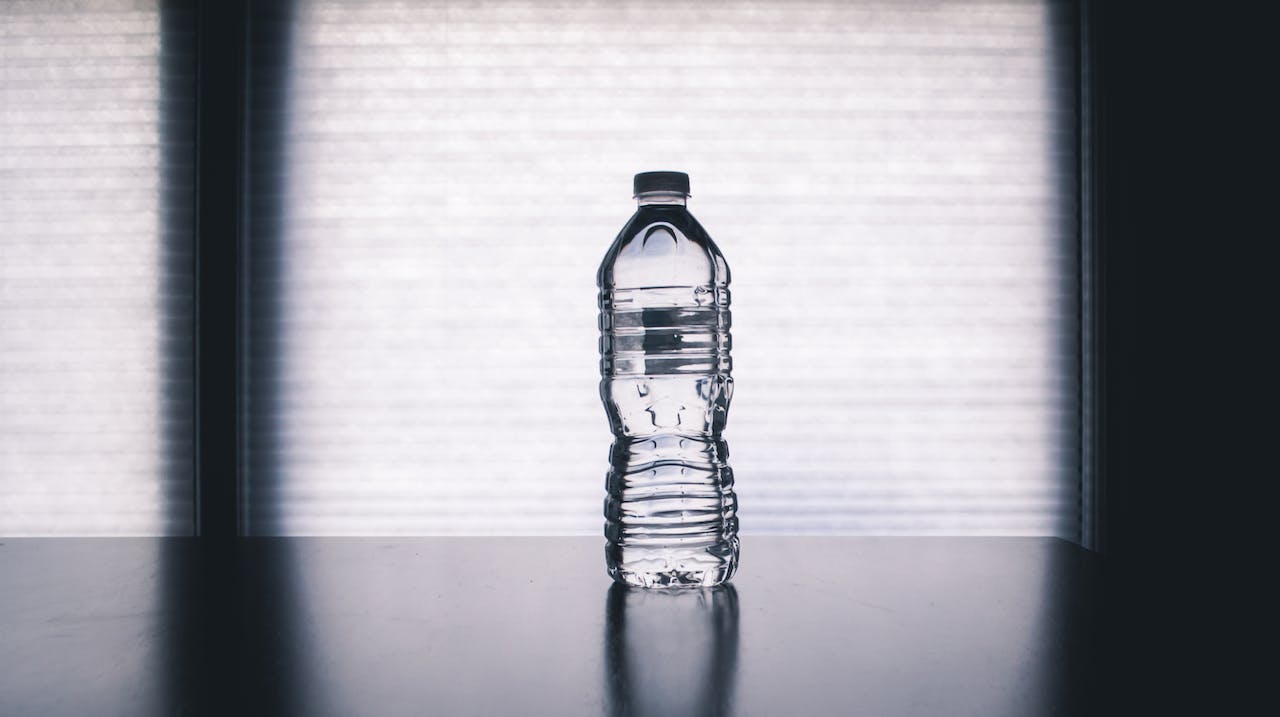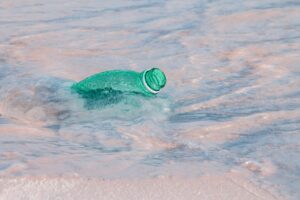Ever wondered why it’s a bad idea to reuse plastic water bottles? I’m here to shed some light on this topic. At Wellhealthorganic.com Know Why Not to Reuse Plastic Water Bottles Know its Reason in Hindi , we’re all about promoting healthy habits and sustainable living. And trust me, ditching the habit of reusing plastic water bottles is a big part of that.
Wellhealthorganic.com Know Why Not to Reuse Plastic Water Bottles Know its Reason in Hindi
Within our current societal framework, the importance of sustainable living cannot be overstated. Adapting a sustainable lifestyle doesn’t merely impact our immediate environment; it has far-reaching consequences that span our entire planet.
Essentially, sustainable living has two central tenets: minimizing waste and reducing consumption. By endorsing this approach Wellhealthorganic.com Know Why Not to Reuse Plastic Water Bottles Know its Reason in Hindi , we can make significant strides towards creating a healthier, more balanced world.
Reducing waste production demands that we reconsider our daily habits. It’s such activities as reusing plastic water bottles that may seem harmless but gradually compile into a considerable environmental issue.
Understanding the Dangers of Reusing Plastic Water Bottles
As we venture deeper, a common misconception we need to address is the idea of reusing single-use plastic bottles. While it may appear as a straightforward solution to the plastic waste issue, I’m here to outline why it potentially causes more harm than good. Delving into this, we will begin to comprehend the inherent dangers of reusing plastic water bottles.
Firstly, it’s vital to acknowledge the nature of single-use plastic bottles. They’re not designed for repeated use. The materials used in their production are of a lower grade which breaks down over time. Regularly filling and drinking from them increases the likelihood of chemical leaching into your water – particularly if exposed to heat, like being left in a car on a sunny day.
This leaching process involves harmful elements such as phthalates and bisphenol A (BPA), both linked to numerous health issues including hormone disruption, cardiovascular disease, and even certain types of cancer.
The Impact of Plastic Pollution on the Environment
For decades now, our planet has been besieged by plastic pollution. It’s a menace that’s not only visible in our cities and oceans, but it’s also interfering with the ecosystems, spelling disaster for wildlife on land and in the sea.
In actual numbers, that’s an alarming 8 million tons of plastic waste ending up in the world’s oceans each year according to a report by Jambeck Research Group. It’s like dumping a garbage truck full of plastic into the ocean every minute of every day for an entire year.
Bottled water, in particular, contributes massively to this figure Wellhealthorganic.com Know Why Not to Reuse Plastic Water Bottles Know its Reason in Hindi. If we don’t rethink our practices and attitudes towards single-use plastic, we’re heading towards a future where there will be more plastic floating in the sea than fish by 2050, warns World Economic Forum.
Health Risks Associated with Reusing Plastic Water Bottles
You may just be trying to make a smarter, more eco-friendly choice by reusing that single-use plastic water bottle. After all, it’s better than adding to the already abundant plastic waste, right? Technically yes, but there’s a major downside to this practice that I’ll cover here.
Plastic water bottles aren’t built to last. They’re designed for a single use and typically made from polyethylene terephthalate Wellhealthorganic.com Know Why Not to Reuse Plastic Water Bottles Know its Reason in Hindi, a type of plastic that can begin to degrade after being exposed to high temperatures or regular wear and tear. If you’ve been reusing that bottle, take note. While ingesting microscopic plastic particles isn’t exactly healthy, there’s more. Toxins present in the plastic can leach into the water you’re drinking.
Bisphenol A, known by its infamous abbreviation BPA, is a common culprit. Exposure to BPA has been linked to a range of health issues, from hormonal disruption to an increased risk of certain cancers. Phthalates are another group of chemicals that plastic may harbor. These have also been tied to hormonal disturbances, as well as potential liver, kidney, and lung damage.





